Quick reference Mushroom Guide
Mushroom foraging is the art and science of identifying and collecting wild mushrooms.
It's a practice that combines outdoor exploration, botanical knowledge, and culinary adventure. Foragers venture into forests, fields, and even urban green spaces to discover these hidden treasures.
But beware – this hobby requires careful study and respect for nature, as some mushrooms can be dangerous if misidentified.
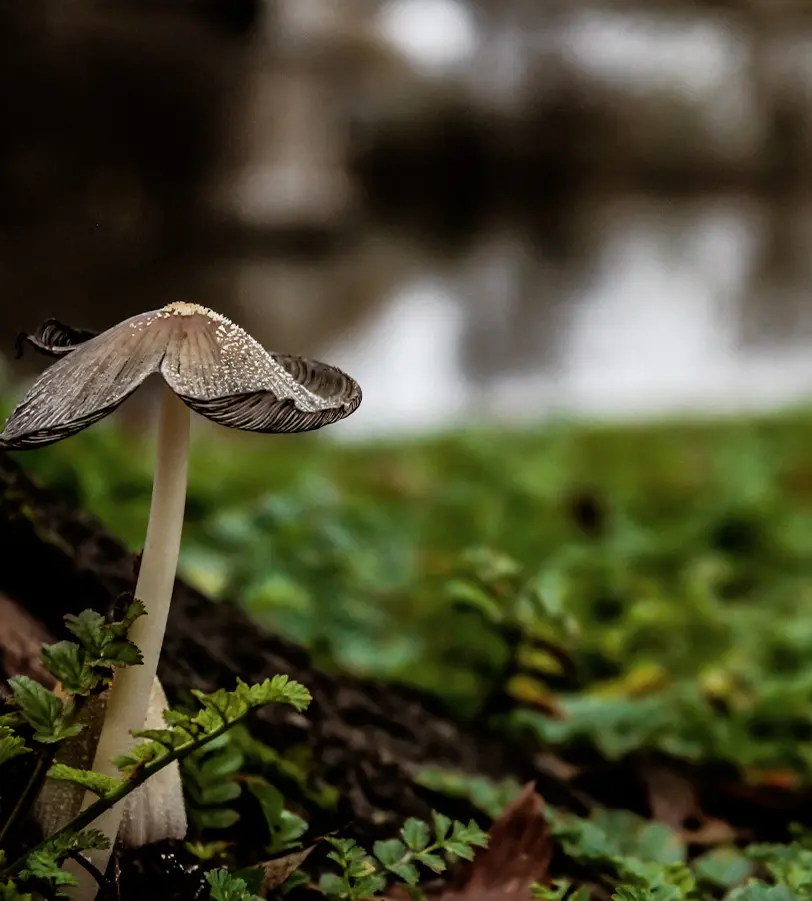
Where to Look
Mushroom foraging is the art and science of identifying and collecting wild mushrooms.
It's a practice that combines outdoor exploration, botanical knowledge, and culinary adventure. Foragers venture into forests, fields, and even urban green spaces to discover these hidden treasures.
But beware – this hobby requires careful study and respect for nature, as some mushrooms can be dangerous if misidentified.
Get to know your mushrooms
Chanterelle
Golden-yellow, funnel-shaped mushroom with false gills
Has toxic look-alikes - learn proper identification
Morel
Golden-yellow, funnel-shaped mushroom with false gills
Has toxic look-alikes
Chanterelle
Golden-yellow, funnel-shaped mushroom with false gills
Has toxic look-alikes - learn proper identification
Chanterelle
Golden-yellow, funnel-shaped mushroom with false gills
Has toxic look-alikes - learn proper identification
Chanterelle
Golden-yellow, funnel-shaped mushroom with false gills
Has toxic look-alikes - learn proper identification
Chanterelle
Golden-yellow, funnel-shaped mushroom with false gills
Has toxic look-alikes - learn proper identification
Morel
Golden-yellow, funnel-shaped mushroom with false gills
Has toxic look-alikes - learn proper identification
Chanterelle
Golden-yellow, funnel-shaped mushroom with false gills
Has toxic look-alikes - learn proper identification
Chanterelle
Golden-yellow, funnel-shaped mushroom with false gills
Has toxic look-alikes - learn proper identification
Chanterelle
Golden-yellow, funnel-shaped mushroom with false gills
Has toxic look-alikes - learn proper identification
Chanterelle
Golden-yellow, funnel-shaped mushroom with false gills
Has toxic look-alikes - learn proper identification
Chanterelle
Golden-yellow, funnel-shaped mushroom with false gills
Has toxic look-alikes - learn proper identification
Frequently Asked Questions
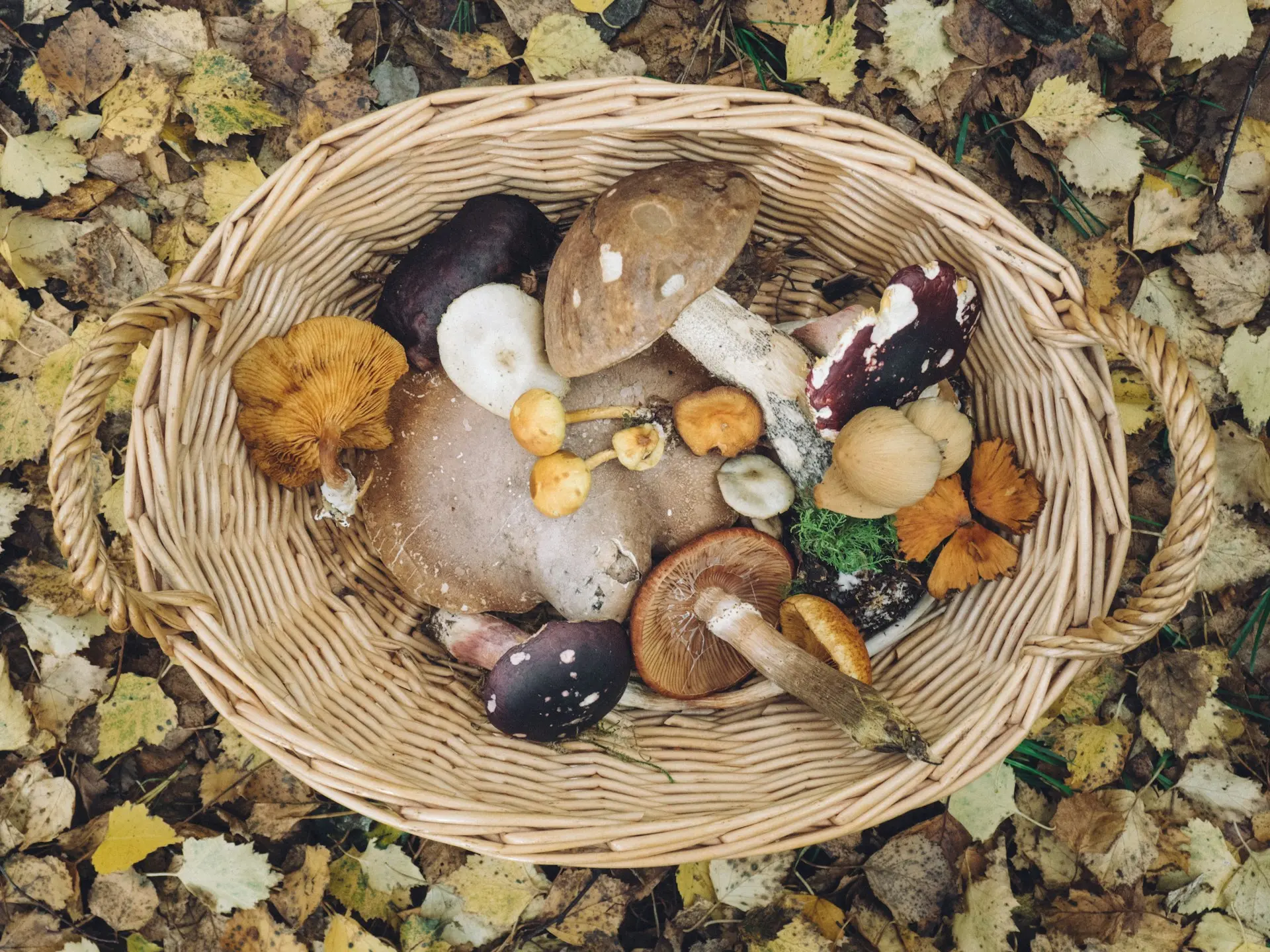
What do I need to start mushroom foraging?
You'll need a local field guide, a sharp knife or scissors, a basket or mesh bag for collecting, and paper bags for separating specimens. Bring a small brush for cleaning, wear sturdy boots, and carry a GPS device or compass to track your location. A camera is also helpful to document your finds.
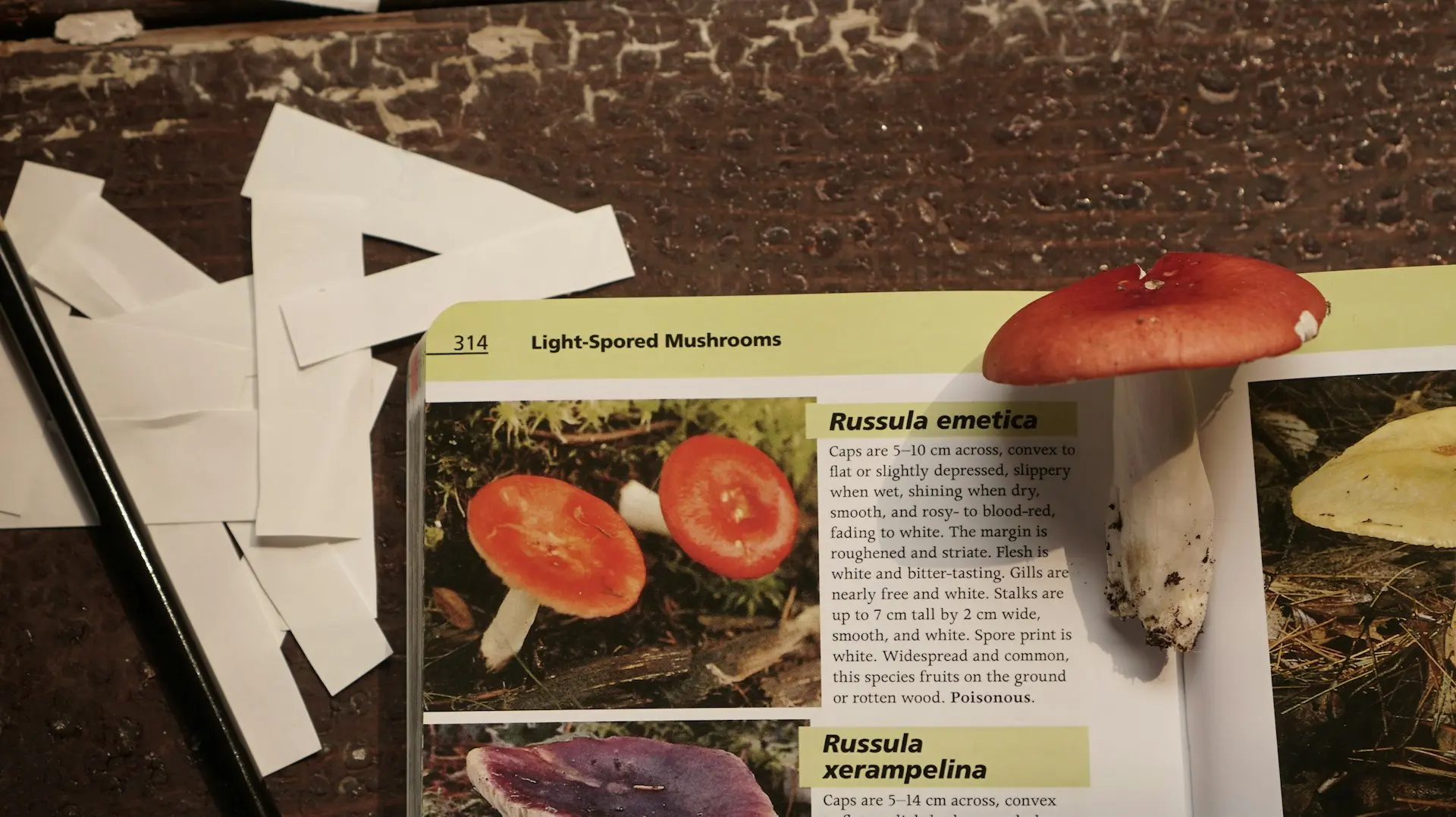
How can I identify edible mushrooms?
Start by studying local field guides and resources to learn about the mushrooms in your area. Pay attention to key features such as color, size, shape, and habitat. When foraging, always make positive identifications before consuming any wild mushrooms. Consider joining a foraging group or taking a class to enhance your skills.
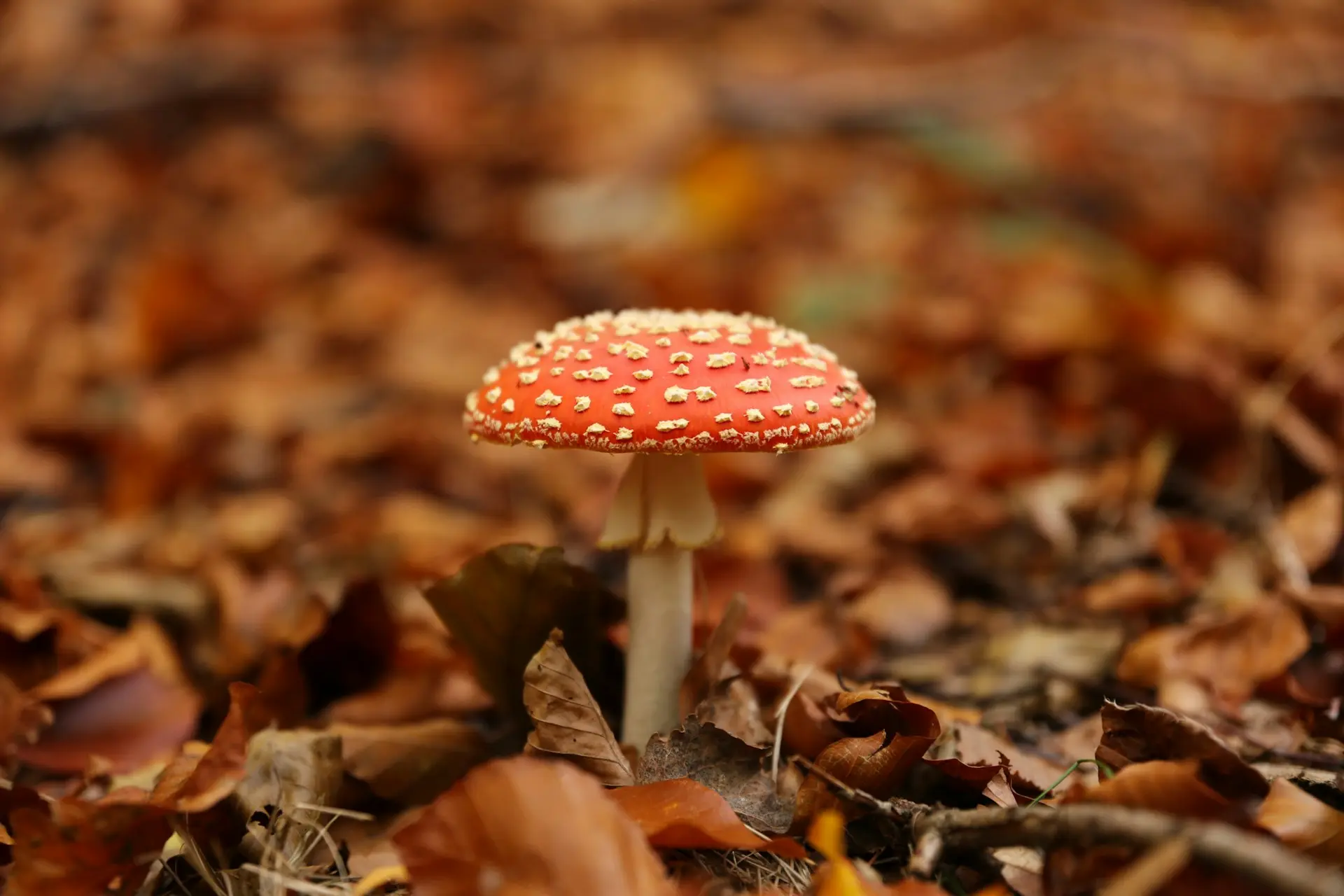
What are the best seasons for mushroom foraging?
The best seasons for mushroom foraging vary by region and species, but generally, spring and fall are prime times. Spring offers early varieties like morels, while fall is abundant with chanterelles and boletes. Summer can also yield mushrooms, especially after rains, but it's often less predictable.
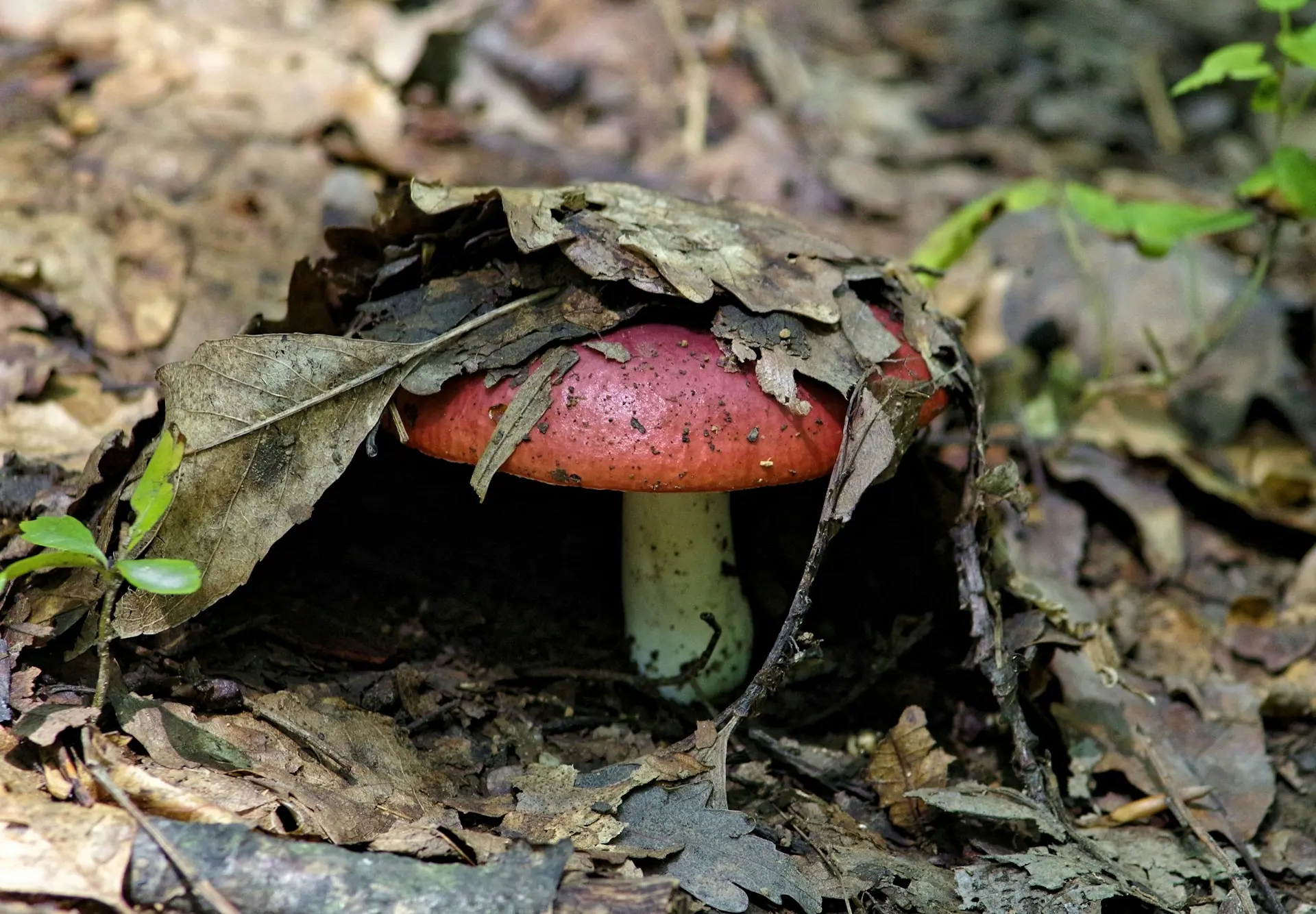
Where can I find foraging spots?
Look for foraging spots in forests, fields, and even urban areas with green spaces. Check local regulations and guidelines for foraging in your area, and consider joining a foraging group or community to share tips and locations.